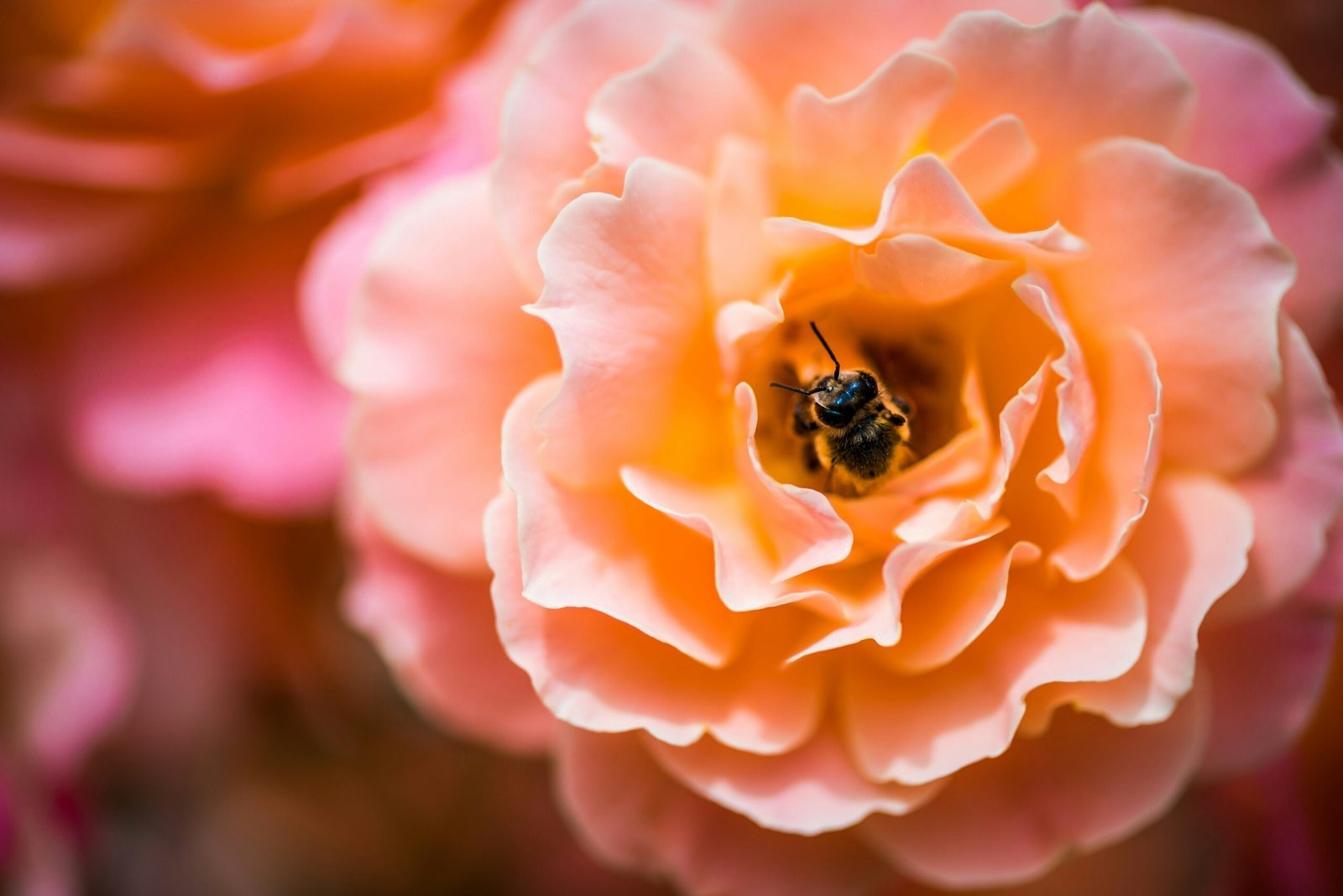- Unbreaking The News
- Work
- Life
- Lifestyle
- HumanityDiscover the latest trends, style tips, and fashion news from around the world. From runway highlights to everyday looks, explore everything you need to stay stylish and on-trend.
- Mental HealthStay informed about health and wellness with expert advice, fitness tips, and the latest medical breakthroughs. Your guide to a healthier and happier life.
- Science & Technology
- Literature
- About Us
- Unbreaking The News
- Work
- Life
- Lifestyle
- HumanityDiscover the latest trends, style tips, and fashion news from around the world. From runway highlights to everyday looks, explore everything you need to stay stylish and on-trend.
- Mental HealthStay informed about health and wellness with expert advice, fitness tips, and the latest medical breakthroughs. Your guide to a healthier and happier life.
- Science & Technology
- Literature
- About Us
Now Reading: Madhu Duniya is Creating a Buzz
-
01
Madhu Duniya is Creating a Buzz
- Unbreaking The News
- Work
- Life
- Lifestyle
- HumanityDiscover the latest trends, style tips, and fashion news from around the world. From runway highlights to everyday looks, explore everything you need to stay stylish and on-trend.
- Mental HealthStay informed about health and wellness with expert advice, fitness tips, and the latest medical breakthroughs. Your guide to a healthier and happier life.
- Science & Technology
- Literature
- About Us
It is early in the morning. The sky is purplish over the treetops. The forest is still asleep.
Yet, she is no stranger to this moment.
Like clockwork, she readies herself. Her day begins to hum right before sunrise. It has been like this for as long as she can remember. Fellow workers are abuzz as they too prepare for the day. They know they must get a move on. Everyone prepares for the long day ahead. They all know what they must do. They all know they play a crucial role in the survival of their community.
Worker 786 is but one of the many in her colony. Thousands from her hive work together to prepare for the morning. Worker 786 and the others in her colony are unique to the Southeast Asian region. According to the Haribon Organization “Among the stingless bee species, the most important one is Tetragonula biroi (or ‘kiwot’). It shares a similar morphology to honeybees, with the major differences being that the kiwot is the size of an ant and lacks a sting.”
A spokesperson for precious colonies
Like many of her kind, worker 786 is just one of the millions of indigenous Southeast Asian bees under threat. Their plight resulting from pesticides and deforestation does not make the global headlines. She is just one of millions whose voices remain unheard.
(Image Courtesy of Madhu Duniya)
Here is where Madhu Duniya comes in. While the Honey World gathering is based in Indonesia, Madhu Duniya works to be the spokesperson for the many bees inhabiting all of Southeast Asia. It hosts conferences and provides educational campaigns geared toward raising international awareness on the regional bees. It particularly strives to gain attention in the West.
By doing so, the organization also helps local beekeepers develop their livelihoods. It contends that when the local bee population is threatened, so are the lives of the people who make a living from collecting honey and bee by-products. Bees are a crucial component in the local agricultural ecosystem. And globally, a third of all food production depends on them.
In the organization’s own words, “Since its establishment in 2007, Madhu Duniya has served as a platform for various stakeholders to discuss growing trends, challenges and opportunities around the subject of forest honey and native Asian bees. Madhu Duniya highlights the knowledge and wisdom of community harvesters and supports the participation of community experts from a broad base of indigenous and local honey groups.”
Forest honey networking
In addition, the organization shares that “Throughout the years, Madhu Duniya has been instrumental in facilitating the formation of forest honey networks in at least five Asian countries, as well as providing assistance in securing government permits for forest honey hunters. It has inspired research on honey’s health and medical benefits and has helped raise awareness on (sic) the latest studies and concerns about Asian forest honey and bees. Moreover, the network has been active in creating and promoting proper harvesting and processing protocols, and has successfully linked private sector partners and producers towards the vision of sustainable and enabling community livelihoods.”
Madhu Duniya promotes “forest honey as crucial for rural incomes, key for forest conservation, and important for human health, not just in Asia but also around the world.”
These activities are what Madhu Duniya has been working on for a few decades now. While it had officially started in 2007, according to our interviewee, Crissy Guerrero (more formally known as Maria Cristina Guerrero), the initial plans for the group had started in the early 2000s.
(Image Courtesy of Madhu Duniya)
As Worker 786 prepares for flight, she scans the throngs of bees at the launch area. The mouth of the hive is alive. She has known many of the younger bees since they were just larvae. Across the buzz and flutter of wings, she is unable to find her friend, 662.
Worker 786 shrugs it off and assumes 662 has already left.
Each bee then takes off in search of the much-needed resources to keep its colony going. The sky fills with a small cloud of black. Compared with the western honey bee, 786 and her colony are smaller and black in color.
Gaining altitude, the workers spread out to various areas within their sphere of operation. Some head north, others south. They have a flight range of 500 meters, so they work in synchronicity to cover the most ground without doubling up. They are efficient that way.
While in flight, 786 approaches her intended patch of flowers. She cannot help but notice a bee she has never seen before. It is visibly bigger, yellow and black, and it was just emerging from one of her own assigned flowers.
Based on extensive research by a Vietnamese expert invited by Madhu Duniya to their events, there is a concern with the introduction of Apis Mellifera, or the western bee, to the Asian environment. The local Apis Cerana and Apis Dorsata, both native to the region, coexist without harvesting the same flowers at the same time. Working the same territory, they do not compete, as if they have a mutual understanding.
(Image Courtesy of Madhu Duniya)
However, Crissy Guerrero pointed out that the research suggests the introduction of Mellifera into the environment disrupted the existing pattern. This led to competition for resources with the local bees.
Surprisingly, commercial honey makers have integrated the non-indigenous Apis Mellifera into the local Asian ecosystems.
Swarming to tackle the challenges
Flying her way back to the colony, 786 cannot help but notice that today she has a lighter load. While looking down at the ground, she sees a familiar bee lying on the ground, struggling. It is 1003, and ants swarm her dying body.
Commercial pesticides used by agricultural groups have been killing off bee populations. Concurrent with that threat, Madhu Duniya contends that habitat destruction is one of the main factors leading to a dwindling bee population.
Crissy Guerrero adds, “A lot of these bees are based in the forests. If you keep converting these forests into agriculture plantations, you will have a loss in bees.”
Having reached the colony, 786 works her way back to the nursery to deposit her precious cargo. She is a gatherer, and what she gathers becomes the nourishment of the colony. Hungry larvae require sustenance that she helps provide.
From what appears to be a small effort, 786 plays a big role in plant pollination. Her efforts and those of her compatriots are crucial to the environment. Without her aid, plants will not flourish. That is why they are essential not just to growing food crops but to harvesting medicinal plants as well.
(Image Courtesy of Madhu Duniya)
Back in the hive, 786 is startled by a loud thunderclap. Thunder is unusual for her since it is not expected this time of the year. So 786 hopes the rains will not come early this year. Bees cannot fly out and gather their resources at all in the rain. (Climate change alert—heavy flooding also means lower pollination.)
During November 6-10, 2023, Madhu Duniya conferenced with other global stakeholders in Vietnam. Its goal is to raise awareness for Asian bees which, though numerous, remain deprioritized on a global scale. Madhu Duniya continues to spread the word that bee populations are crucial to the propagation of fruits and vegetables, nuts and flowers, to keep the human food system stable. And in Asia they are under threat.
Many may still not realize it, but Bee Lives Matter Too. We are dependent on them as much as they are on us.
But 786 sat quietly as raindrops fell on top of her hive. Leaks through the insufficient propolis seals meant to protect them slowly let water seep in. She prayed they would make it through the night.
Congratulations to Madhu Duniya for its impactful regenerative work in Southeast Asia. The project was honored with the Yuvoice Brighter Tomorrow award on January 25, 2024, for its efforts in promoting Asian bees by consolidating its findings and spreading the word among members of the international community. On behalf of our Brighter Tomorrow team, thank you for taking the time to be interviewed.
Ricardo Santillan
Ricardo Santillan, or Ricky as he is known by many, has lived and worked in many countries in Southeast Asia as an advertising and marketing professional. While a Filipino by birth, Ricky sees himself as a citizen of the world. He writes to express his experiences and use his words to be the voice of those who need to be heard. Currently, Ricky resides in Metro Manila but his real passion lies by the ocean where he gathers his thoughts while he surfs.
Thank you to Yosef Baskin for his inspired edits on this piece.
Related Posts
Stay Informed With the Latest & Most Important News
Previous Post
Next Post
Editorial11 hours ago
The Day A Stranger Saved Me
Editorial2 days ago
Inmate or Guard?


























